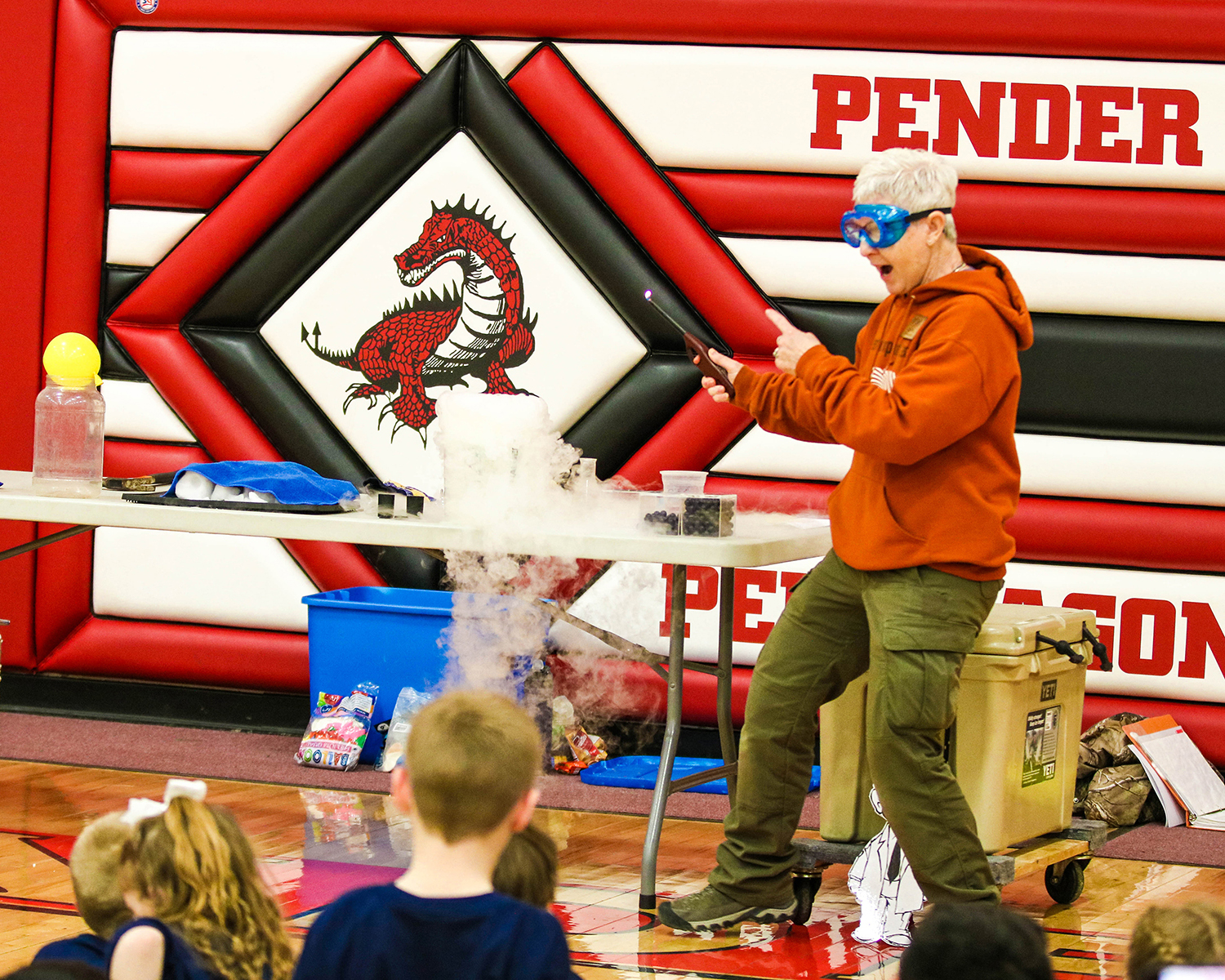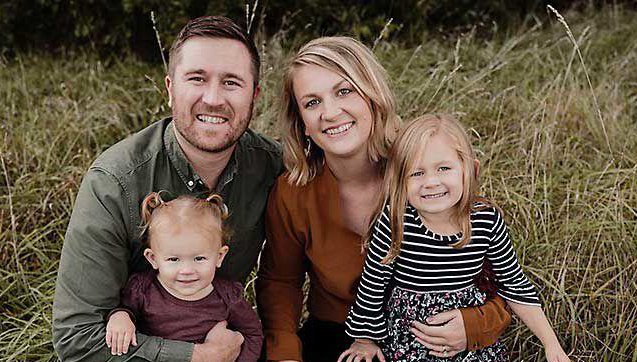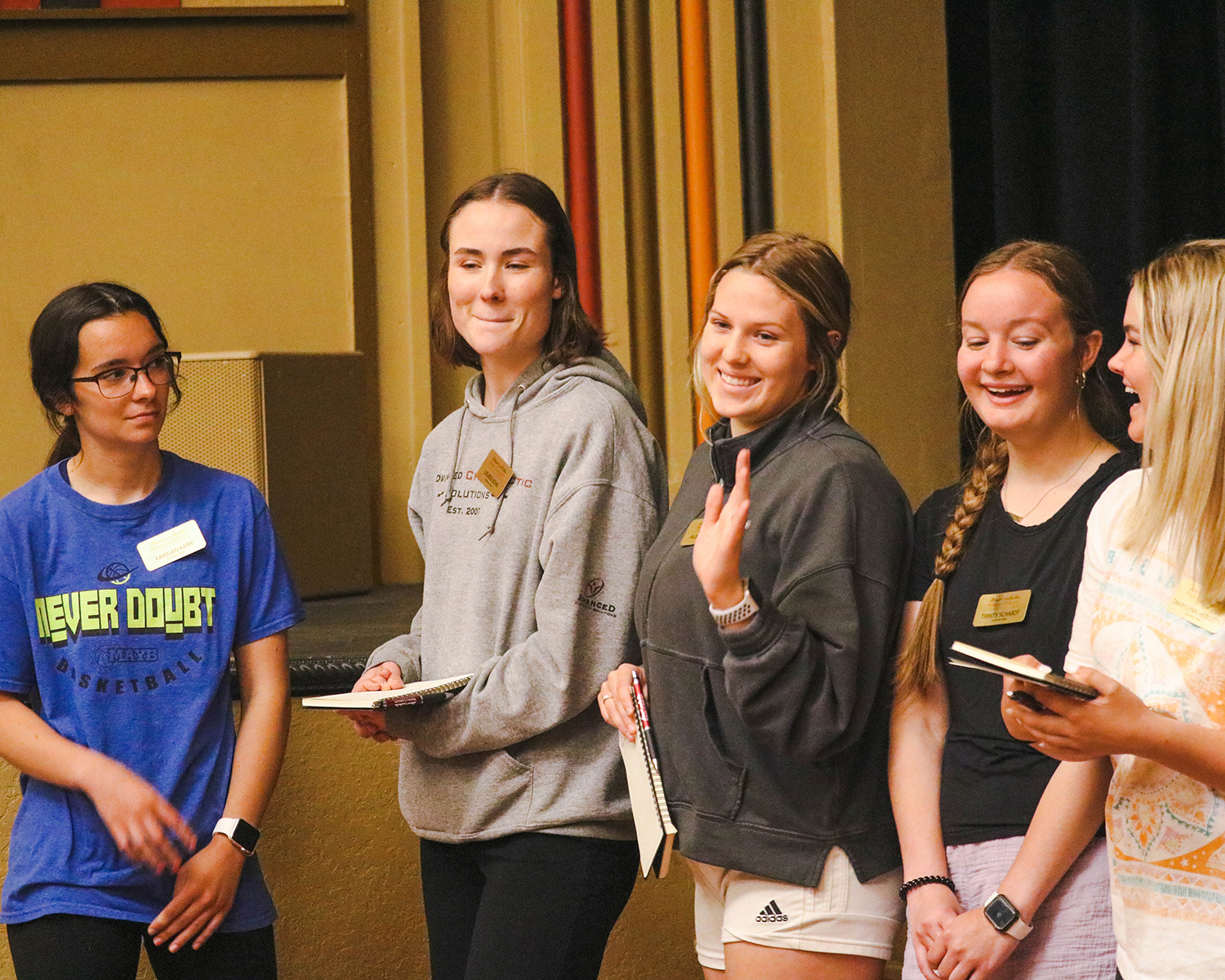By JEFF YOST
Community is a word with many meanings, but at its core, it’s about belonging.
At Nebraska Community Foundation, we’re in the people attraction business. We’re helping 250 communities across the state discover the unique local assets that can be leveraged to attract young families to stay, return, or move to a community. A sense of belonging is a powerful people attractor. Belonging means to feel that we are in the right place. It is to know that “I am home.”
Progressive communities with an eye to the future are discovering all kinds of ways to cultivate a sense of belonging in their places. For most, that starts simply – by inviting everyone to the table to discuss their hopes and dreams for the future of their hometown. And when I say everyone, I mean everyone, including those whose voices are rarely heard.
Traditionally, the voices of youth have been underrepresented in community development work, but towns like McCook are looking to change that, and reaping extraordinary rewards, I might add.
For years, the McCook Community Foundation Fund’s youth advisory committee has been supporting really important projects, like the creation of a world-class skate park, the backpack program, TeamMates mentoring, and junior high school entrepreneurship classes, to name just a few. Together, McCook’s leaders and generous donors have created an endowment to provide ongoing funding to address the concerns and dreams of local youth far into the future. The members of the youth advisory committee determine the projects that warrant their support and will make McCook an even better place to live. As a result, these young people are becoming invested in their place. Most importantly, they feel like they belong.
In more and more hometowns across Nebraska, we’re hearing female voices at the center of community development work, especially young working mothers. They know better than anyone the amenities young families are looking for when they choose the places they want to live, work and raise their kids. In Atkinson, for instance, a group of women, all in their 30s, form the majority of the volunteer fund advisory committee of the Atkinson Community Foundation Fund. All share a passion for the future of their community and a zeal for building its unrestricted endowment which ensures Atkinson will be an even better place to live when their children and grandchildren come of age – a place for them to belong.
A few months ago, I had the opportunity to attend and speak at a conference hosted by Community Foundations of Canada. The theme centered on belonging and how we, as community leaders, can build more inclusive and welcoming communities. My colleagues in attendance and I saw countless examples of how our neighbors to the north are working at this — specifically, their admirable efforts to reshape the relationship between indigenous peoples and all Canadians. They have committed themselves to inviting those traditionally excluded from the conversation to participate and make contributions to a community where everyone can feel like they belong. Belonging doesn’t just make people feel good. It creates healthier, more cohesive communities, not just in Canada, but right here in Nebraska, too.
At Nebraska Community Foundation’s Annual Celebration in November, Carlos Barcenas from the Center for Rural Affairs gave an inspiring talk on belonging in a Nebraska context. Originally from Mexico, Carlos is an American and Nebraskan by choice. He spends his days working with individuals, communities and organizations with a desire to become more interculturally competent. Nebraska Community Foundation is one of those organizations.
Carlos emphasized that diversity encompasses a lot more than just race and ethnicity. It includes all the characteristics, experiences, and cultural influences that make each of us unique — like family or marital status, gender identity, language, medical condition, national origin, occupation, educational background, physical and mental ability, political affiliation, religion, sex, sexual orientation, socioeconomic status, and veteran status.
He also stressed that when it comes to diversity, identifying our differences may actually be more advantageous than focusing on our similarities. It is those differences that bring to the surface the unique styles, ideas, talents and capabilities of community members — the elements that are critical to building a strong and resilient community.
In a rapidly changing world, successful communities have leadership that is poised to engage diverse community members, work across difference, and create a welcoming community that invites everyone to participate. All across Greater Nebraska, many communities are experiencing seismic shifts in population demographics. These changes come with their challenges, but at Nebraska Community Foundation, we see hometowns primed to take advantage of new opportunities that will ultimately result in more magnetic, attractive communities — ones that more and more people are proud to belong to.



